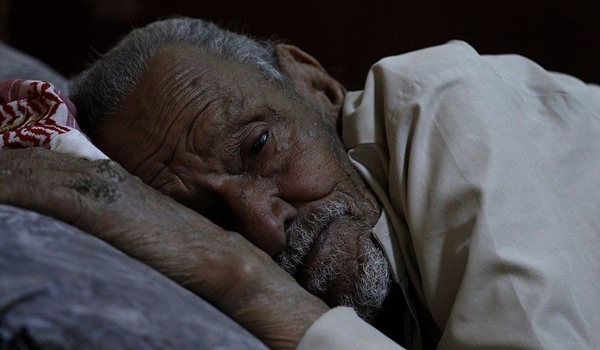WHO: Cholera Could Resurge in Yemen Due to Lack of Aid, Fuel
Nevio Zagaria, WHO’s acting representative in Yemen sounded the grim warning on Sunday, saying despite a drop in new cases for the past 11 straight weeks, 35 districts across the country were still reporting the highly infectious disease with “high attack rates” in communities, World News reported.
A worsening economic situation and a dire shortage of clean drinking water, due to failing water sewage systems in many cities and the lack of fuel for water pumps, have compounded the humanitarian crisis, Zagaria added.
“This is a perfect mix to have a new explosion of a cholera epidemic at the beginning of the rainy season in March of next year,” Zagaria stressed.
He further warned that 16 percent of Yemeni children, under the age of five, suffer from acute malnutrition, including 5.2 percent with a severe form of the alarming condition, which is life-threatening.
Saudi Arabia has been striking Yemen since March 2015 to restore power to fugitive president Mansour Hadi, a close ally of Riyadh. The Saudi-led aggression has so far killed at least 15,000 Yemenis, including hundreds of women and children.
Despite Riyadh’s claims that it is bombing the positions of the Ansarullah fighters, Saudi bombers are flattening residential areas and civilian infrastructures.
According to several reports, the Saudi-led air campaign against Yemen has driven the impoverished country towards humanitarian disaster, as Saudi Arabia’s deadly campaign prevented the patients from travelling abroad for treatment and blocked the entry of medicine into the war-torn country.
The cholera outbreak in Yemen which began in April, has also claimed over 2,200 lives and has infected over 900,000 people, as the nation has been suffering from what the World Health Organization (WHO) describes as the “largest epidemic in the world” amid a non-stop bombing campaign led by Saudi Arabia. Also Riyadh’s deadly campaign prevented the patients from traveling abroad for treatment and blocked the entry of medicine into the war-torn country.
According to reports, the cholera epidemic in Yemen, which is the subject of a Saudi Arabian war and total embargo, is the largest recorded in modern history.
Meanwhile, the United Nations has described the current level of hunger in Yemen as “unprecedented,” emphasizing that 17 million people are now food insecure in the country.
It added that 6.8 million, meaning almost one in four people, do not have enough food and rely entirely on external assistance.
A recent survey showed that almost one third of families have gaps in their diets, and hardly ever consume foods like pulses, vegetables, fruit, dairy products or meat.
More than 3 million pregnant and nursing women and children under 5 need support to prevent or cure malnutrition.
WHO

